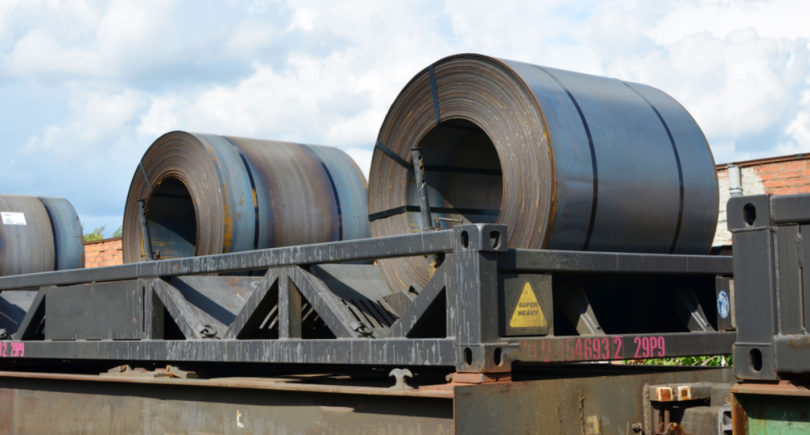
News Global Market CBAM 256 07 July 2025
Concerns relate in particular to the long-term burden on the supply chain
European traders and distributors of metal products have expressed certain reservations about the Carbon Border Adjustment Mechanism (CBAM). This was discussed at the 75th anniversary conference of Eurometal, according to S&P Global.
These concerns relate to the current lack of clarity regarding emission benchmarks, end-to-end costs, and the long-term financial burden on supply chains.
According to one German distributor, no one can currently estimate the margin after the final implementation of CBAM, making planning extremely difficult.
Conference participants note that processing companies, especially in sectors such as automotive and household appliances, demand fixed prices but are unwilling to take on the potential volatility associated with CBAM. Several speakers highlighted the risk of supply disruptions in the first quarter of 2026, when the full impact of the mechanism is expected to be felt, forcing buyers to pay unexpected surcharges.
Excessive regulation and indecision undermine confidence in Europe’s ability to achieve its climate and trade goals, participants noted. At the same time, small and medium-sized enterprises cannot cope with the uncertainty associated with CBAM on their own.
Many distributors rely on large trading firms to calculate the cross-border carbon adjustment mechanism and the cost of supplies from abroad.
Distributors also point out that although green steel has real potential for decarbonization, consumer demand remains weak due to unclear perceptions of its value and a lack of incentives for recycling. Such incentives could include government subsidies or green procurement rules.
In addition, market participants emphasize that current European protective mechanisms are insufficient to protect against imports at below-market prices.
As GMK Center reported earlier, the European Commission has launched a consultation on the cross-border carbon adjustment mechanism. The aim of the consultation is to gather stakeholders’ views on the development of policies for the potential extension of the mechanism’s scope, anti-circumvention measures, and rules for the electricity sector. The consultation is open until August 26 this year.




